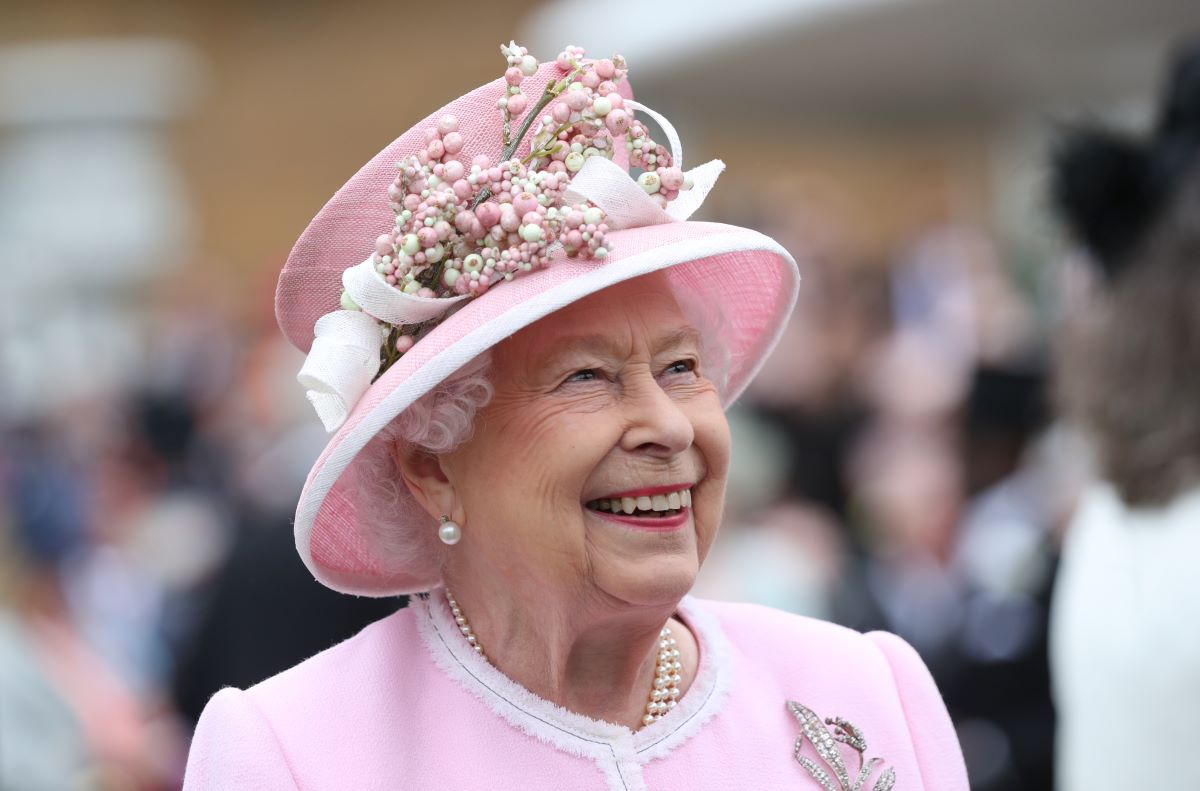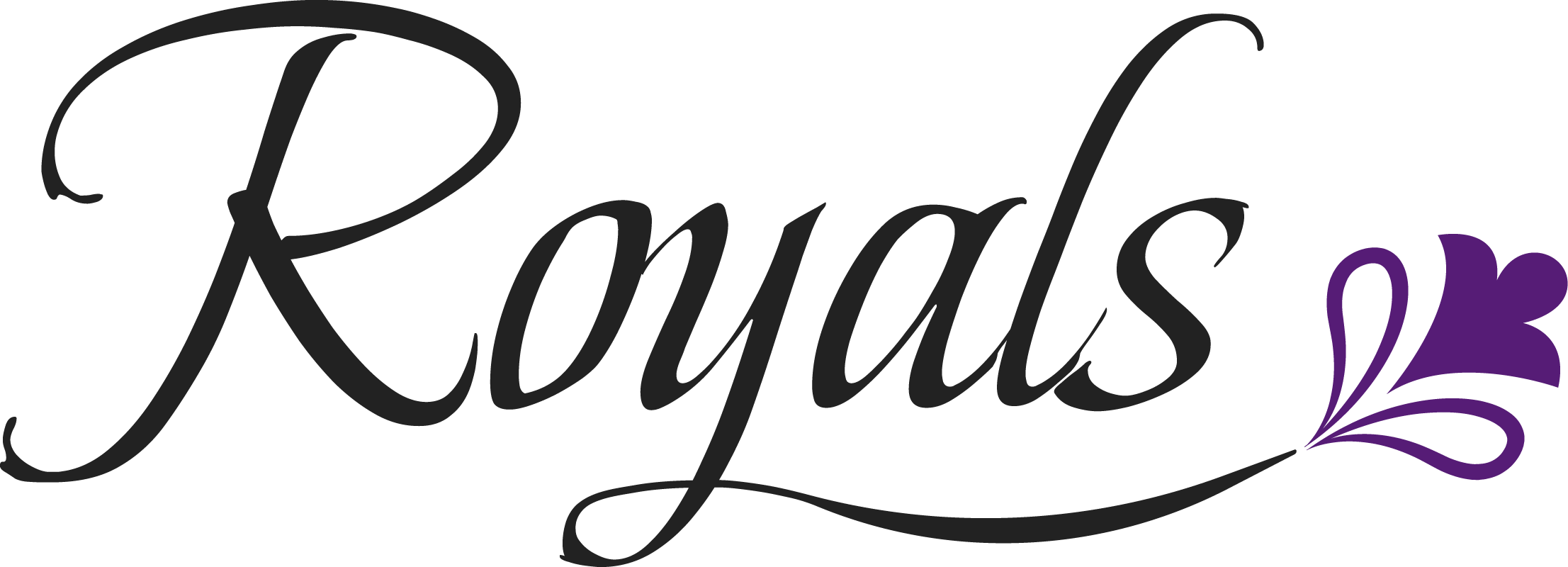Is Queen Elizabeth Allowed to Vote?
The British King, George VI, died in February 1952 at the age of 56. Upon his death, his 25-year-old daughter, Queen Elizabeth II, took the throne.
Now at the age of 94, Queen Elizabeth has reigned as the British monarch for nearly seven decades. Queen Elizabeth has witnessed a great deal of change throughout her reign.
From politics to society to technology, the world is ever-evolving, but how much say does the Queen actually have in the ever-changing United Kingdom? Does the Queen even get to vote? Read on to learn more about Queen Elizabeth’s political role and her royal family.
Hailing from a royal lineage
As to be expected, Queen Elizabeth comes from a long line of British royalty. She was born on April 21, 1926, in Mayfair, London, to George VI and Elizabeth Bowes-Lyon.
Queen Elizabeth’s mother was the ninth of ten children born to wealthy British landowners. Queen Elizabeth’s full name is Elizabeth Alexandra Mary. She was named after her own mother, Elizabeth, and both her maternal and paternal grandmothers.
The queen’s father was never actually supposed to become King of the monarch. It came as quite a surprise when George was named to reign over the United Kingdom.
King George was actually the second son of George V and Mary of Teck. His older brother, Edward VIII, chose to abdicate the throne after the Church of England condemned his decision to marry the American socialite and divorcee, Wallis Simpson.
So, while Queen Elizabeth hails from a royal lineage, neither she nor her father was ever supposed to rule the British monarchy.
Continuing the royal legacy
Despite not being first in line to rule the British throne, Queen Elizabeth has spent most of her life doing just that. Queen Elizabeth had only one sibling, the younger Princess Margaret.
Upon their father’s death, Elizabeth was named to the throne, being the older of the two siblings. The official coronation of Elizabeth II took place on June 2, 1953. Her husband, Prince Philip, whom she married in 1947, was by her side.
The queen’s husband was born into the Greek and Danish royal families. Philip was born in Greece, but his family was exiled from the country when he was just an infant.
Thereafter, he grew up in France, Germany, and the United Kingdom and joined the British Royal Navy when he turned 18. Upon his marriage to the Queen, Philip denounced his Greek and Danish royal titles and became a naturalized British subject.
Through this marriage, four children were also produced, Charles, Anne, Andrew, and Edward. Prince Charles’s son, Prince William, is next in line to occupy the British throne.
Navigating politics as a British royal

With so much power and prestige, what is life like navigating politics as a British royal? Well, the queen only played a formal role in the country’s political process.
While there is nothing written in British law prohibiting the current monarch from voting in an election, it just isn’t done. It is the general expectation that everyone within the royal family should stay publicly neutral when it comes to political affairs.
The queen’s role as the head of state is strictly ceremonial. After election day, she invites the leader of the party with the most seats to form a government for the country. This government is generally made up of their own party or a coalition.
This newly elected individual then becomes the prime minister of the United Kingdom. The queen’s role in all of this is to sign all bills into law, meet with foreign dignitaries, and perform many other ceremonial duties. While Queen Elizabeth is a very powerful woman and an iconic British figure, she has been expected to stay politically neutral throughout her life.



